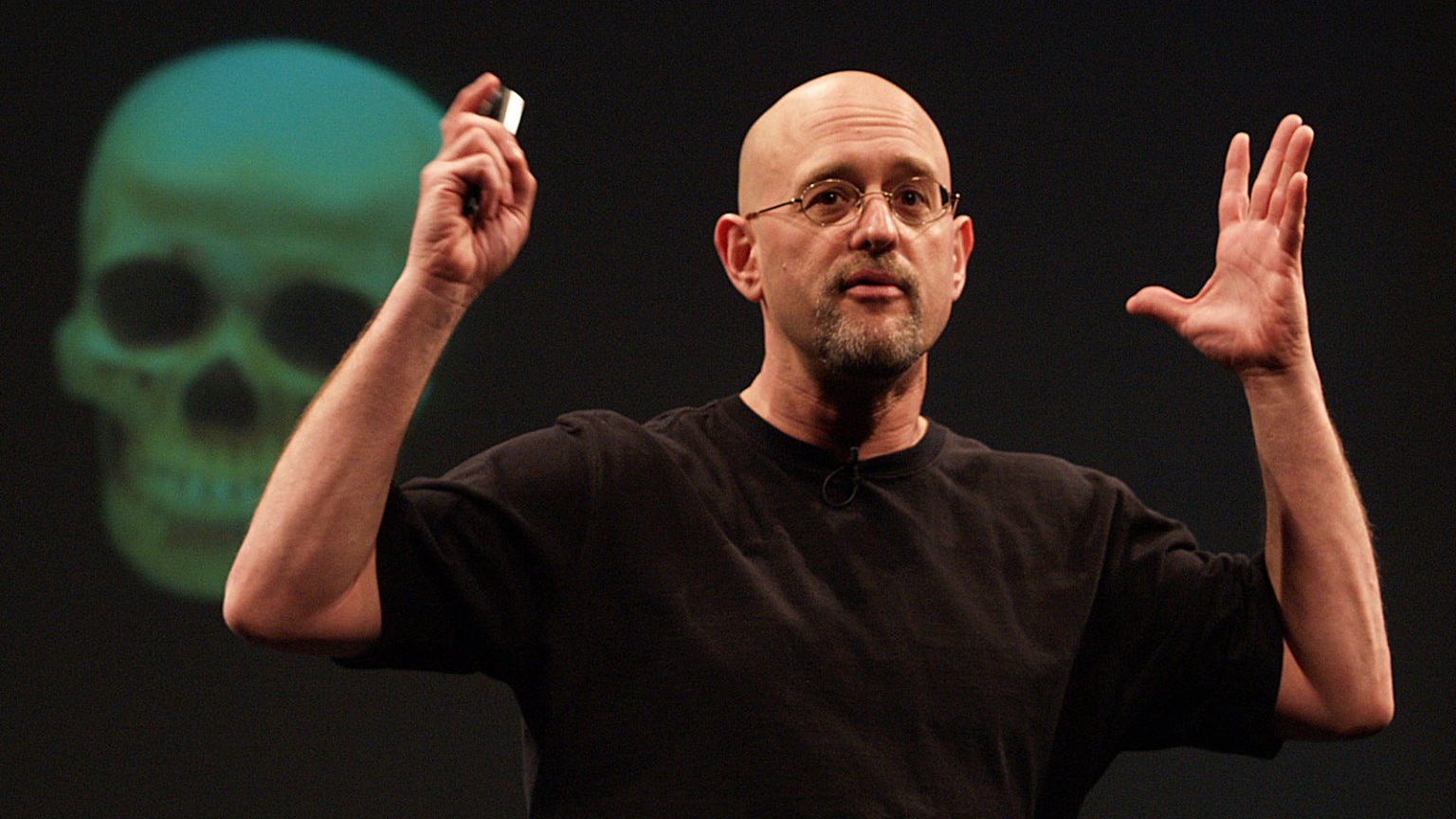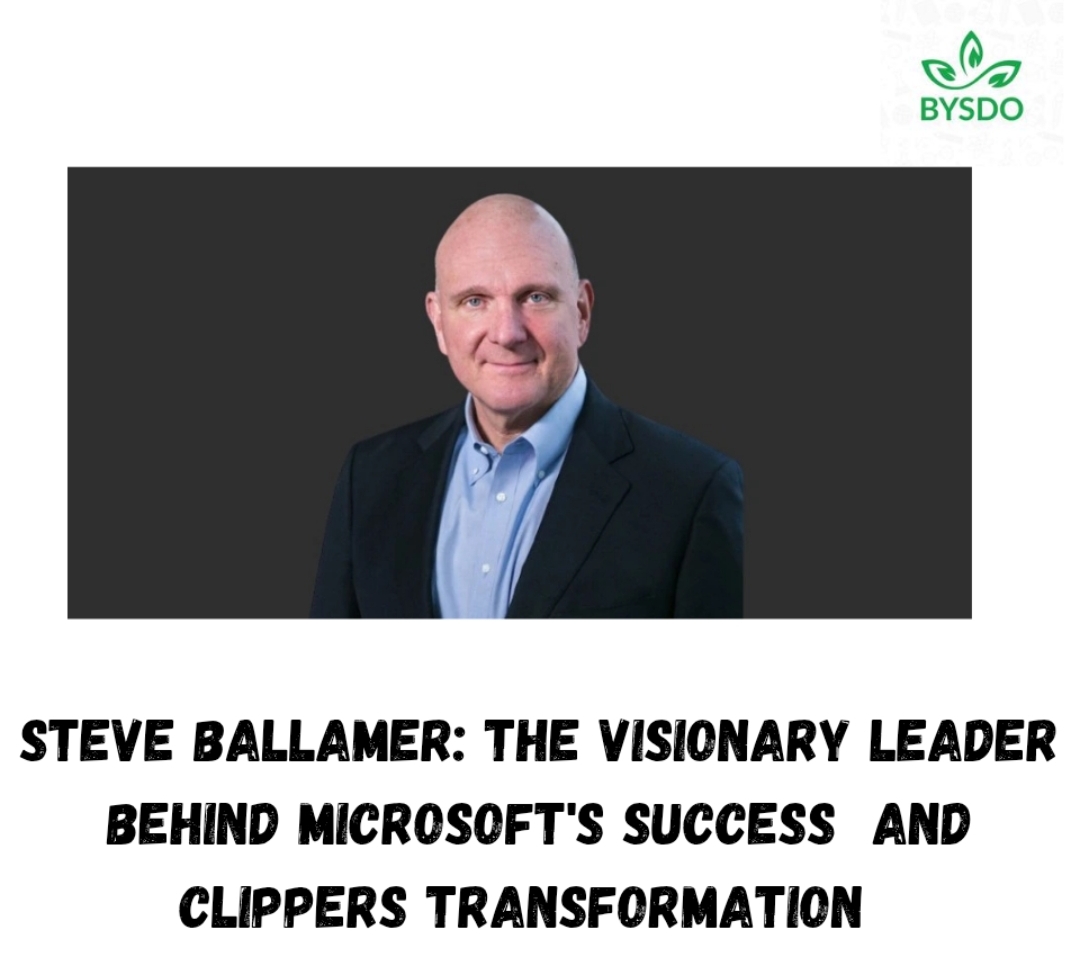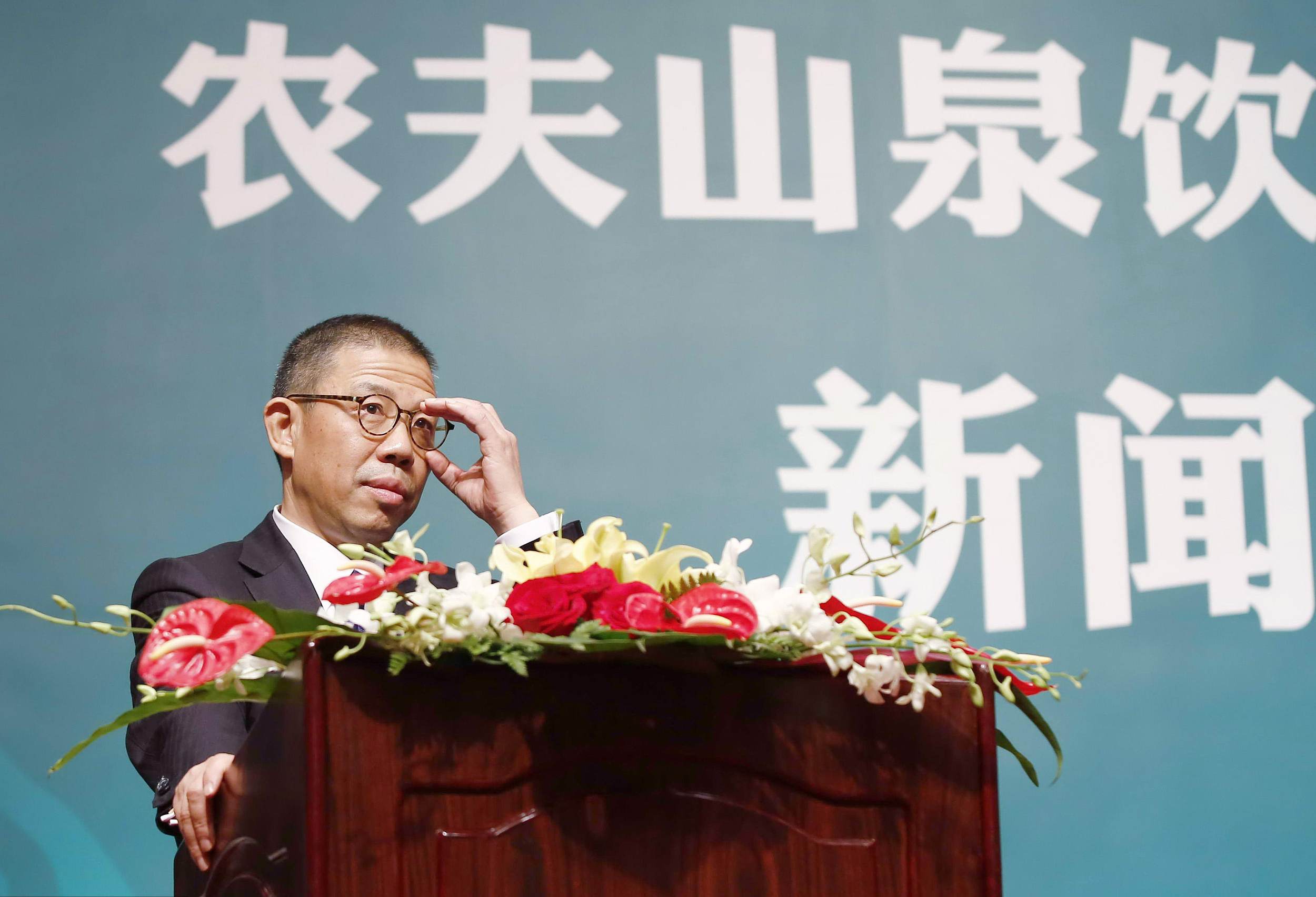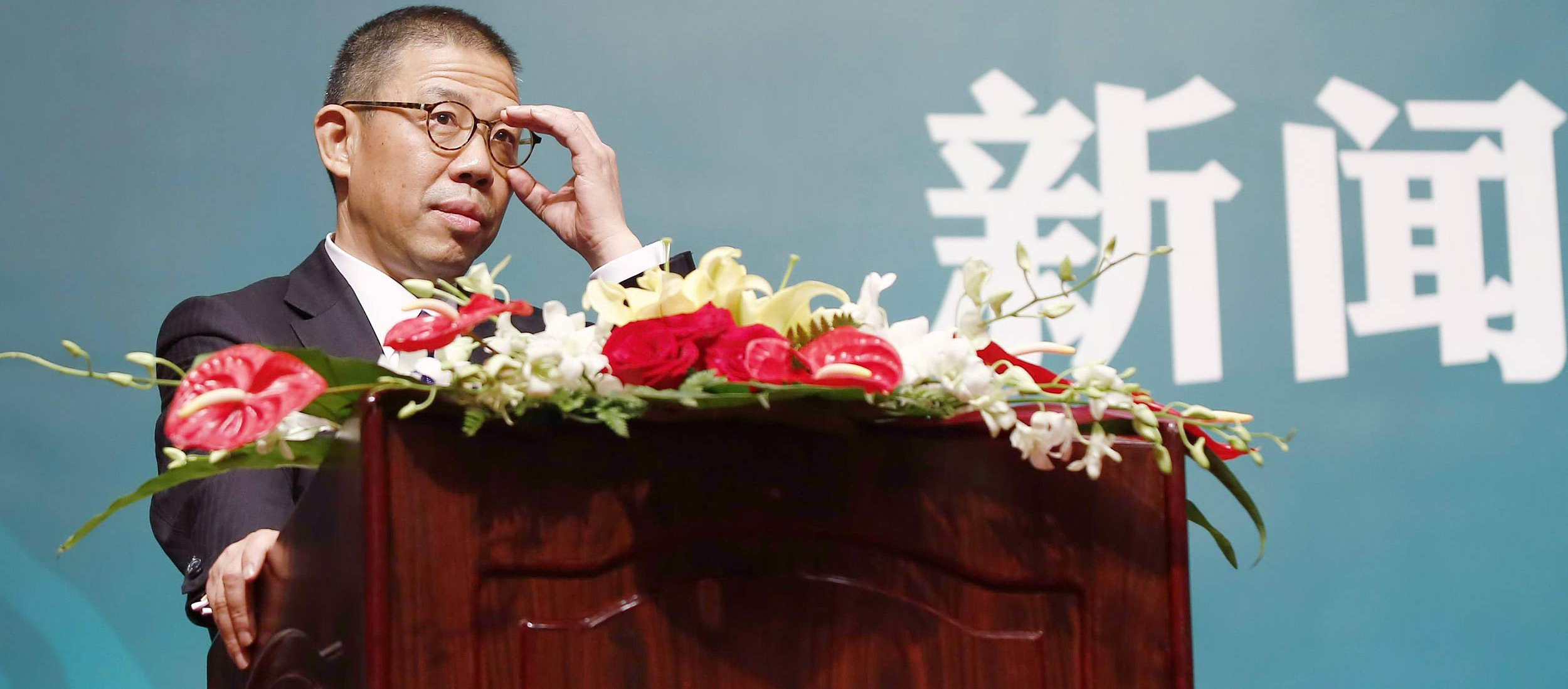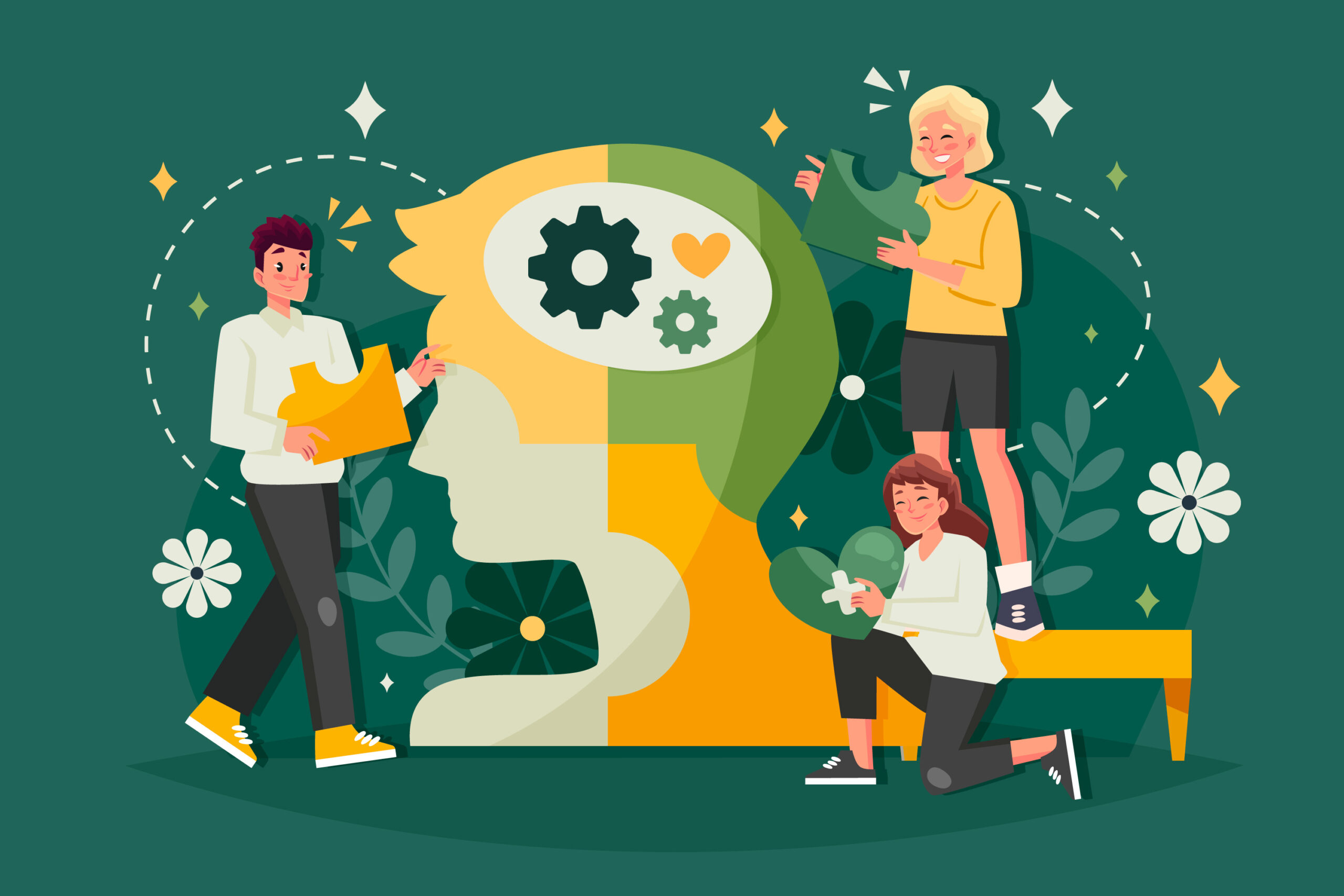Daniel Gilbert is a renowned social psychologist,celebrated for his groundbreaking research on happiness, decision-making, and the nature of human prediction. As a professor at Harvard University and the author of the best-selling book “Stumbling on Happiness” , Gilbert has challenged conventional wisdom about what makes us happy and how we anticipate our future emotions. His work not only informs academic debates but also shapes popular discussions on well-being and life satisfaction.
Early Life and Academic Journey
Daniel Gilbert grew up with a curious mind and a keen interest in understanding why people feel the way they do. He pursued his undergraduate studies in psychology and later advanced to complete a Ph.D. in social psychology. Throughout his academic career, he has been deeply fascinated by how people predict their own future happiness and the biases that affect those predictions.
Gilbert’s early research laid the foundation for his later work. He explored the concept of “affective forecasting” – the idea that people are often poor predictors of how future events will make them feel. This line of inquiry led him to question the reliability of our anticipations and to examine the mental processes behind our emotional experiences. His insights have been instrumental in establishing a new understanding of human behaviour in psychology.
The Breakthrough: Stumbling on Happiness
Daniel Gilbert reached a wide audience with his seminal book, “Stumbling on Happiness”. In this work, he argues that our minds are not well-equipped to predict what will bring us lasting joy. Instead, we rely on flawed mental shortcuts and biases that lead us to misjudge future emotional outcomes. Gilbert explains that while we are adept at remembering past events and feeling emotions in the moment, our ability to forecast our future feelings is surprisingly limited.
One of the key points in “Stumbling on Happiness” is that our imagination tends to fill in gaps with details that feel plausible but are often incorrect. For example, when we try to envision a future event, we might imagine a scenario that is coloured by our present mood or by idealized memories rather than by what is likely to occur. This miscalculation can lead us to make decisions that do not actually maximize our long-term happiness.
Gilbert’s accessible writing style and his use of real-world examples make the complex subject of affective forecasting understandable to a general audience. He demonstrates that many of our life choices—from career moves to personal relationships—are influenced by our erroneous expectations about happiness. This insight has resonated deeply with readers worldwide, sparking conversations about how we might make better decisions by understanding the limitations of our predictive abilities.
Major Contributions to Social Psychology
Beyond his popular writings, Daniel Gilbert has contributed extensively to academic research in social psychology. His work spans several key areas:
1. Affective Forecasting:
Gilbert’s research has shown that people systematically overestimate the intensity and duration of their emotional reactions to future events. His experiments indicate that while people believe that major life events will have a lasting impact on their happiness, they quickly adapt to changes—a phenomenon known as hedonic adaptation. This finding has profound implications for understanding consumer behaviour, personal decision-making, and the pursuit of happiness.
2. The “Impact Bias”:
One of the central themes in Gilbert’s work is the “impact bias,” where individuals tend to overestimate the emotional impact of future events. This bias means that we often believe that a positive event will make us happier than it actually does or that a negative event will hurt us more than it truly does. Recognizing this bias can help us make more balanced decisions about our lives.
3. The Role of Memory and Imagination:
Gilbert has explored how memory and imagination interact in shaping our emotional experiences. He posits that while our memories provide a framework for understanding our past, our imagination often distorts these memories when projecting into the future. This interplay is critical in understanding why our affective forecasts can be so unreliable.
4. Decision-Making Under Uncertainty:
By investigating how people evaluate future outcomes, Gilbert’s work has added depth to our understanding of decision-making under uncertainty. His insights encourage us to question the reliability of our gut feelings and the emotional predictions that guide our choices.
Practical Implications of Gilbert’s Research
The implications of Daniel Gilbert’s findings extend far beyond the academic realm. His work offers practical advice for everyday life:
– Personal Decision-Making:
Recognizing that our predictions about happiness are often flawed can encourage individuals to adopt a more reflective approach when making significant decisions. By being aware of the impact bias, we might learn to prioritize experiences and relationships that yield genuine satisfaction over those that seem attractive in theory.
– Policy and Marketing:
Gilbert’s insights have influenced fields such as behavioural economics and marketing. Companies and policymakers now understand that consumer behaviour is not always rational; people often base their decisions on anticipated emotions rather than objective evaluations. This has led to more nuanced approaches in marketing strategies and public policy aimed at improving well-being.
– Mental Health and Well-Being:
Understanding the limitations of affective forecasting can help individuals manage expectations, reduce anxiety about the future, and foster resilience. By accepting that our predictions are inherently imperfect, we can approach life’s uncertainties with a more balanced perspective.
Teaching and Public Engagement
As a professor at Harvard University, Daniel Gilbert has also played a pivotal role in educating the next generation of psychologists. His lectures, often characterized by humour and deep insight, have inspired countless students to explore the intricacies of human emotion and decision-making. Gilbert’s ability to communicate complex ideas in a relatable way has made him a sought-after speaker at conferences and public events worldwide.
In his courses and public lectures, he emphasizes that while the pursuit of happiness is universal, the methods by which we try to achieve it are often misguided. His message encourages critical thinking and self-reflection, inviting individuals to reassess their personal and professional choices in light of the unpredictable nature of human emotion.
The Legacy of Daniel Gilbert
Daniel Gilbert’s work has not only enriched the field of social psychology but has also had a lasting impact on how society views happiness and decision-making. His groundbreaking research reminds us that our minds are powerful yet fallible instruments. By illuminating the ways in which our expectations often diverge from reality, Gilbert has offered a path toward a more mindful and informed approach to life.
His contributions continue to spark debates, inspire further research, and influence public discourse on the nature of happiness. Whether through his best-selling book or his engaging lectures, Daniel Gilbert’s legacy is one of curiosity, rigour, and compassion—a legacy that encourages us all to look beyond our assumptions and strive for a deeper understanding of ourselves.
Conclusion
In summary, Daniel Gilbert stands as a visionary figure in social psychology. Through his exploration of affective forecasting, the impact bias, and the interplay of memory and imagination, he has reshaped our understanding of happiness. His work provides not only critical insights into human behaviour but also offers practical guidance for improving our decision-making and well-being. As we navigate the complexities of life, Gilbert’s research serves as a reminder that the pursuit of happiness is both an art and a science – one that requires us to embrace our imperfections and learn from our experiences.
In a world where expectations often clash with reality, Daniel Gilbert teaches us that understanding our own minds is the first step toward making better choices and ultimately, living a more fulfilling life.
Written by
Fatemi Sushom,
Intern, Content Writing Department,
BYSDO.
